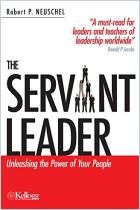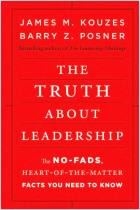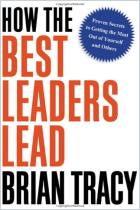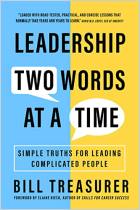Drawing on his experience as head of the US Joint Special Operations Command, retired four-star general Stanley McChrystal outlines the fundamentals of leadership as it is practiced in a complex, rapidly changing environment. He emphasizes leading by influence and example, building strong and trusting relationships, and creating collaborative, cohesive teams. Personal integrity, discipline, inclusive team-building and high-quality communication are the hallmarks of his approach to being an effective leader. In this Stanford Business School video, McChrystal asserts that worthy leaders know what to do, and have the commitment and discipline to do it.
Leadership must change when circumstances and challenges change.
Failures in leadership in the United States aren’t due to the country becoming stupid, soft or selfish. The pace of events and communication have increased dramatically, and bureaucratic systems haven’t kept pace. Complexity has increased and the discipline and responsiveness of US leadership systems haven’t grown proportionally.
The United States faced the rise of Al Qaeda – a globally dispersed, culturally unfamiliar, violently aggressive organization with constantly shifting tactics and leadership. A new solution brought together US intelligence agencies, the State Department and the FBI, all partnering and coordinating with allied nations. Creating and leading an effective team across this diverse spectrum of organizations – civilian and military, domestic and international – presented a complex challenge.
Leaders must align their organizations around “shared consciousness and purpose.”
To bring a complex team together, especially one without a unified command structure, you must lead by influence. Even in the military, influence is the primary leadership...
Stanley McChrystal, a retired four-star general in the United States Army, served as Commander of the Joint Special Operations Command from 2003 to 2008 and was the top US military officer in Afghanistan from 2009 to 2010.













Comment on this summary